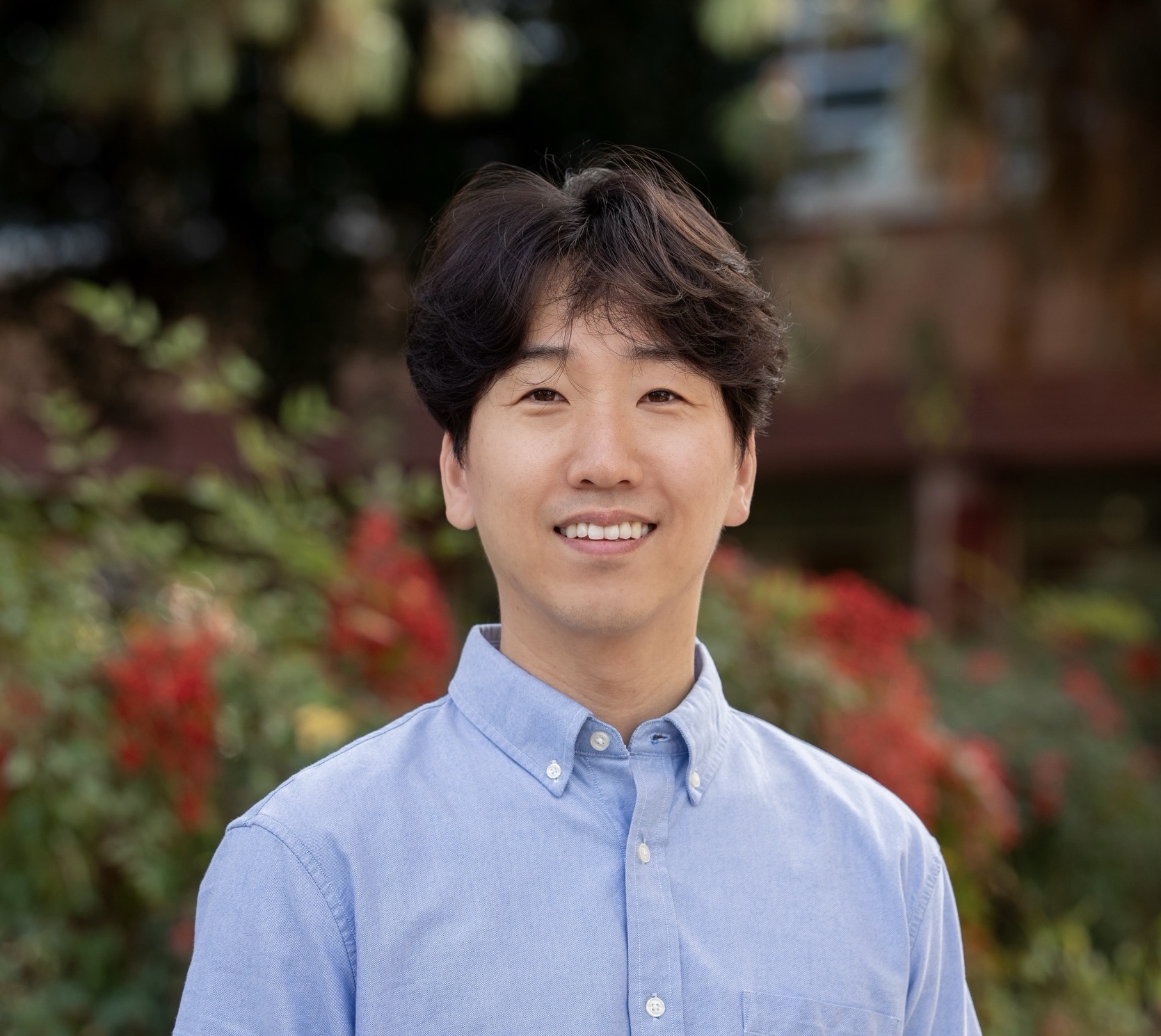|
|
Cosmology has advanced tremendously in recent years as a result of a wealth of data from sensitive instruments. Notably, observations of the cosmic microwave background (CMB) have played a crucial role in solidifying the current cosmological paradigm. The standard Lambda-cold-dark-matter (LCDM) model, in particular, has been remarkably successful in describing the observations of our universe with only six free parameters. Despite the exciting progress, several fundamental questions remain unanswered: How did the universe begin? What are the properties of dark energy and dark matter? Is new physics required to resolve the ongoing cosmological tensions?
Improved mapping of the microwave sky will illuminate new directions to tackle the open questions in fundamental cosmology. We work with the CCAT Observatory, Atacama Cosmology Telescope, Simons Observatory, and CMB-S4 to pursue a range of cosmological and astrophysical sciences. Prospective undergraduate and graduate students, as well as postdocs, are encouraged to reach out and explore research opportunities available within these projects.
I am currently an Assistant Professor in the Department of Physics and Astronomy at the University of California, Riverside (2024–present). My postdoctoral research was done at Cornell University as a Presidential Fellow then an NSF Fellow (2018–2023). Before that, I earned my PhD in Physics at Princeton University (2012–2018). In my free time, I like to play tennis and chess (bullet).

